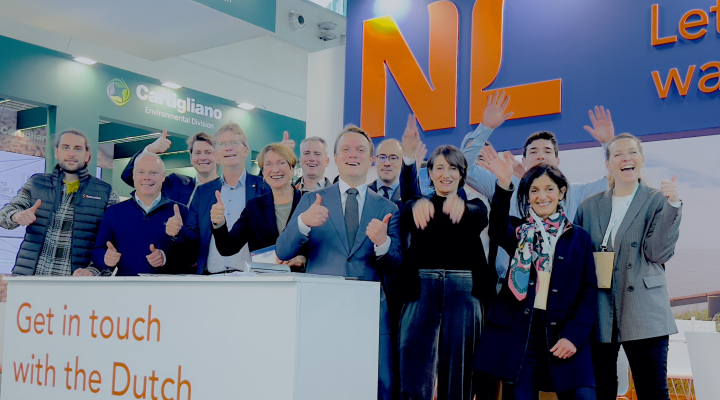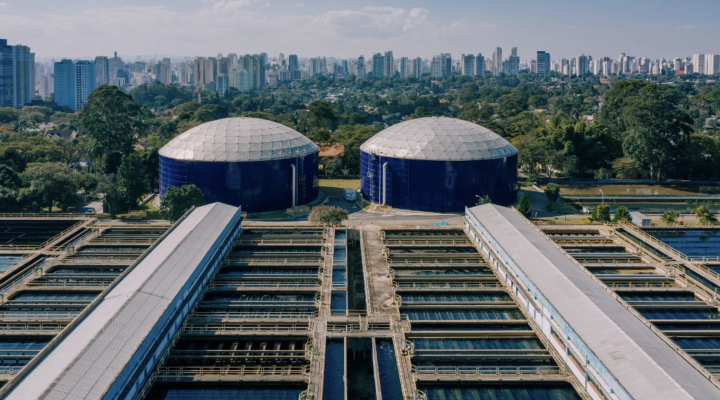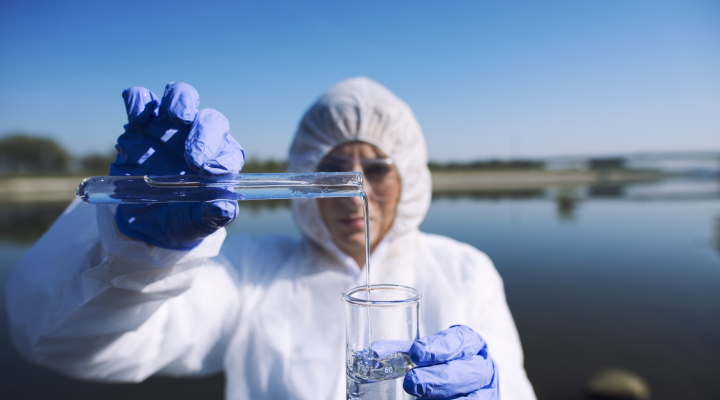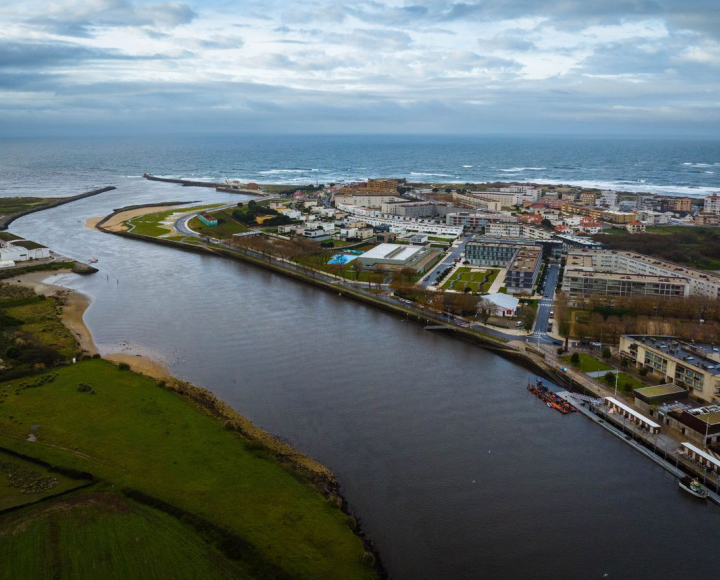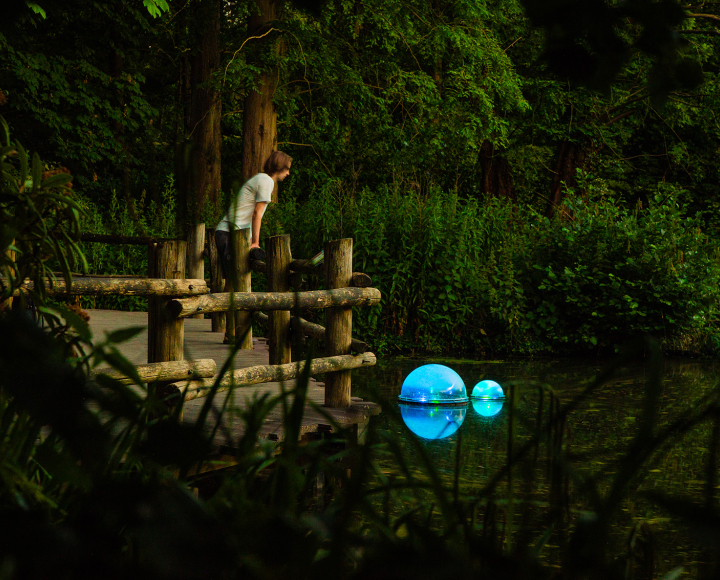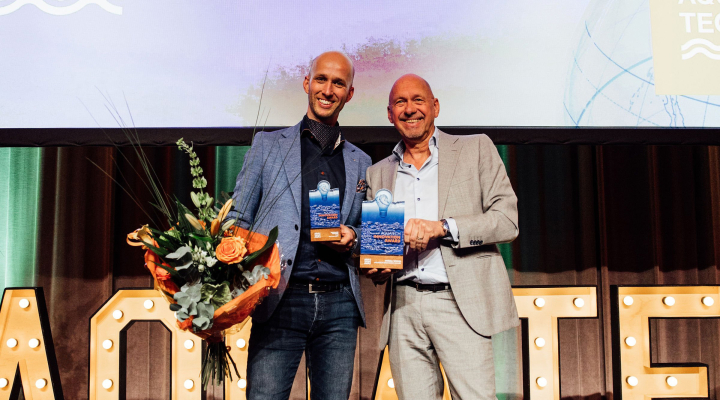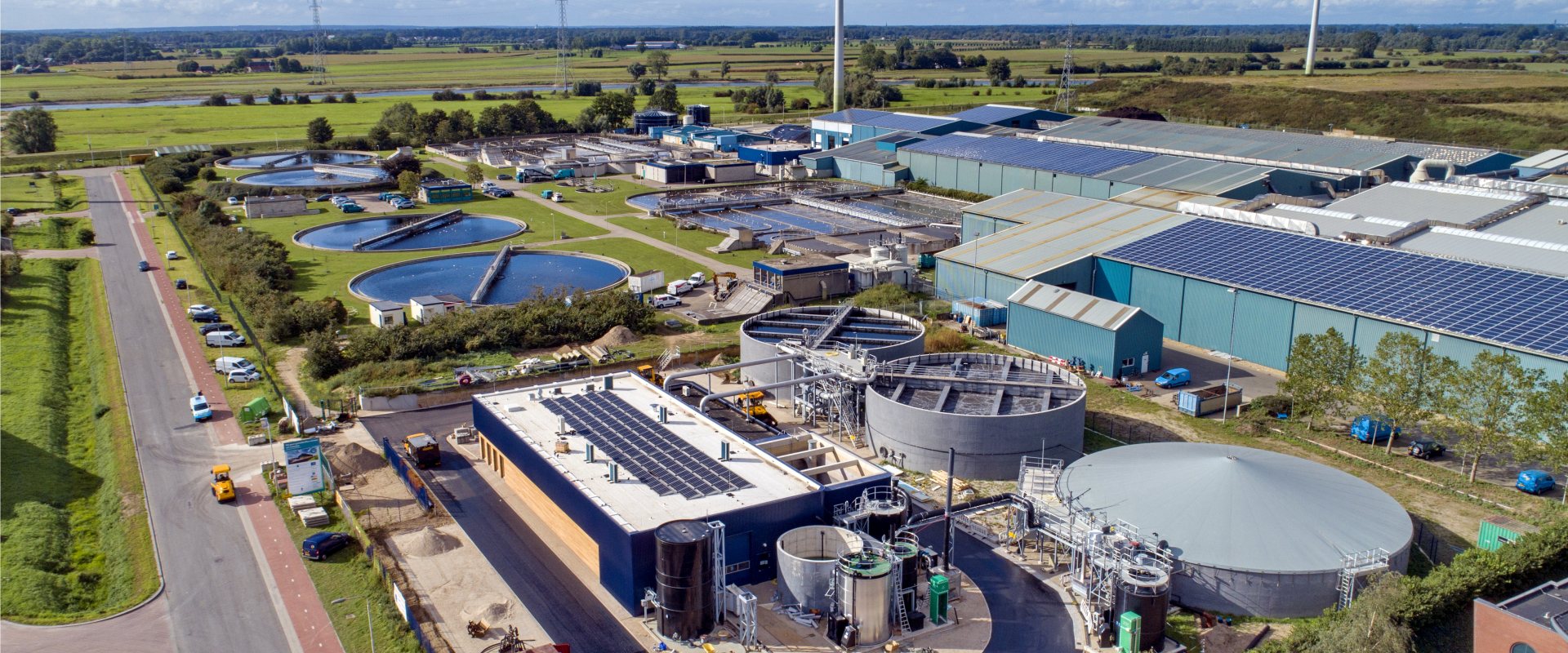
EU greenlights large demo projects on waste water mining and smart water
The European Commission has greenlighted two large international public-private consortia to build demonstration plants to showcase new opportunities to recover valuable resources from waste water and to create smart linkages between the water sector and other industrial sectors.
Both EU Horizon 2020 water research projects are led by Dutch research institutes. Delft University of Technology will coordinate the Water mining project and KWR will do the same for the Ultimate project.
Resource recovery
The European Commission has announced a grant of 17 million euro for the Water Mining project that can now start in September. The project includes the building of demonstration plants in Cyprus, Spain, Portugal, Italy and The Netherlands, to show novel efficient ways to reclaim nutrients, minerals, energy and water from industrial and urban wastewater and seawater.
The public-private consortium consists of 38 public and private partners and 4 linked third parties in 12 countries.
Social embedding
The Water Mining project aims to be an example for the social embedding of innovative technological solutions that will be co-designed with a range of stakeholders.
Through science museums such as NEMO in The Netherlands and Living Labs throughout Europe the project will also invite public input related to the social impact and possible concerns.
Phosphorus recovery
As part of the project, Wetsus and Delft University of Technology will investigate phosphorus recovery using BioPhree and ViviCrys technologies, respectively on P-removal to ultra-low levels and P-recovery via vivianite.
Another study will focus on the recovery of phosphate from surplus sludge from Nereda waste water treatment. It is already possible to extract from this specific sludge a gel-like material called Kaumera with promising characteristics that can be used as a high-value biochemical. The study will look at a combination of this extraction with recovery of phosphate.
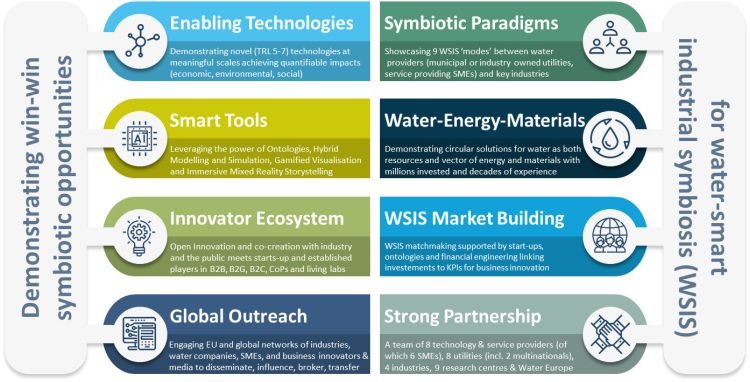

Smart industrial synergies
On 23 April, the European Commission also greenlighted the H2020-project Ultimate. A consortium of 27 research institutes, utilities and SMEs will work together at nine large scale sites across Europe to demonstrate smart systemic inter-linkages between water utilities and four major industrial sectors: agro-food, beverages, heavy chemical/petrochemical and biotech industry.
Ultimate includes a wide range of water-embedded resources, as well as energy and materials. The aim is to create synergies between the water and industrial sectors. With the ultimate goal to assist in the development of guidelines and policy on circular economy.
The Dutch demo case is the horticulture development area Nieuw Prinsenland, where industrial excess heat reuse, through storage in high-temperature aquifer thermal energy storage systems (ATES), and water and nutrient reuse after pesticide and pathogen removal from wastewater is demonstrated.




